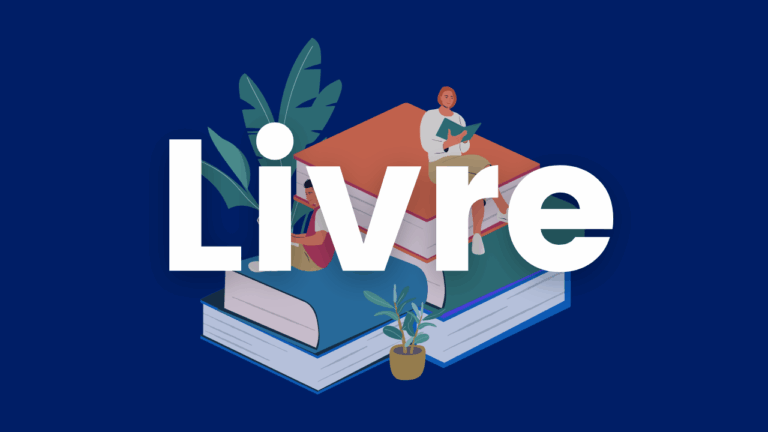Les bas du pensionnat
Les Bas du pensionnat raconte la vie d’une petite fille inuvialuit de l’île Banks, âgée de huit ans, qui a fréquenté le pensionnat. Malgré les brimades des autres filles qui fréquentent l’école et le racisme des enseignants, Margaret réussit à apprendre à lire. Elle aime lire et se promet de ne pas se laisser intimider…



